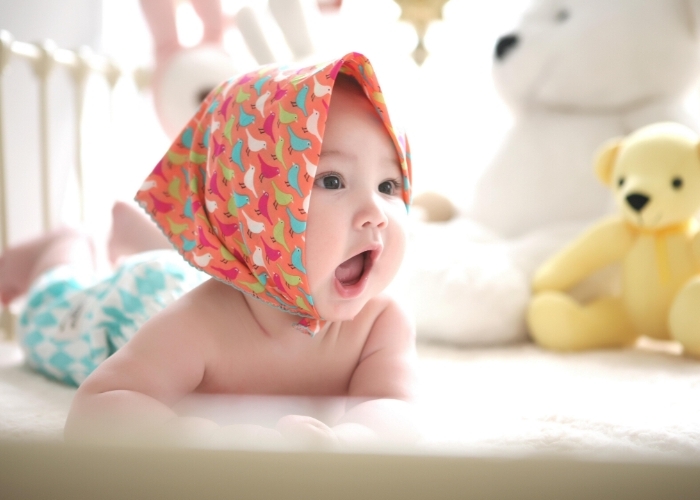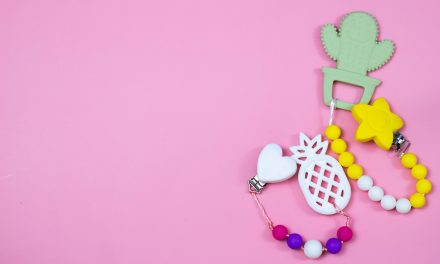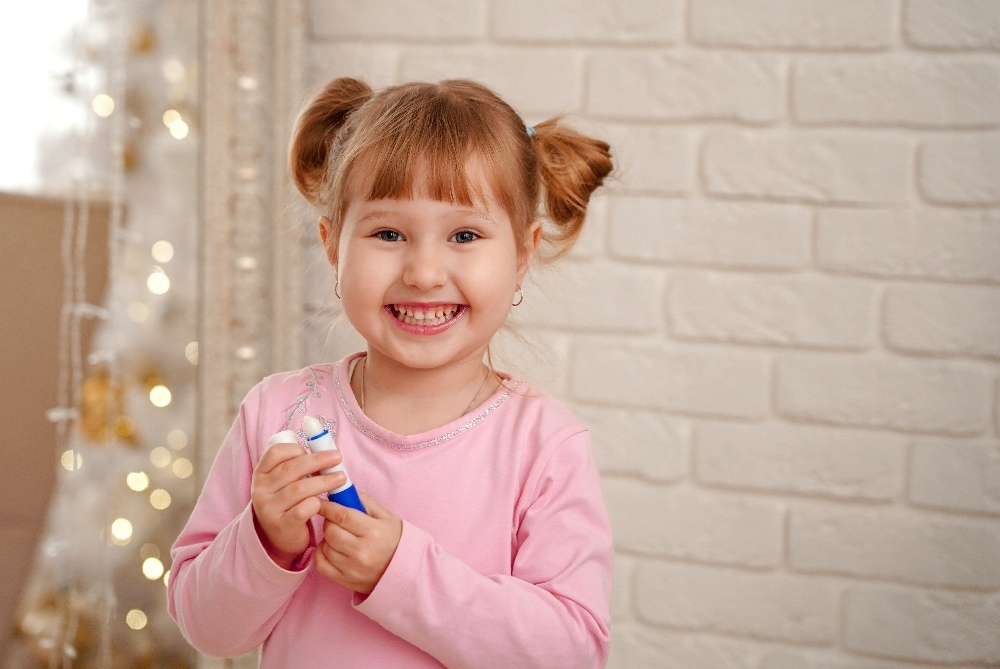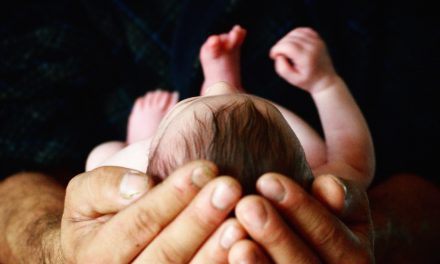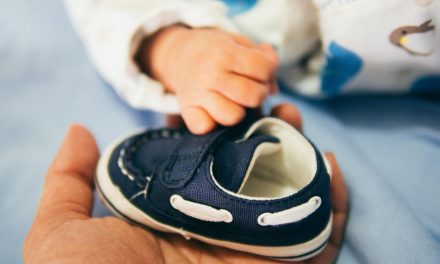Before babies even learn to say their first words, they communicate with you in various ways. You may find some sighing, others cooing, while some may even speak to you by crying. As they get older, they graduate to another level of baby-speak that we all know as baby babbling!
So, what exactly is baby babbling? We can define this “oh-so-adorable” baby babbling as a baby’s use of a combination of vowel and consonant sounds that comprise single syllable sounds such as “ba” and longer sounds such as “ba-ba-ba-ba-ba.”
Typically, baby babbling usually evolves into what we can call “word sounds.” After a while, these word sounds may change into basic words. As we all know, it is every parent’s dream to hear their babies utter basic sounds such as “ma-ma.” While you may get excited to listen to them start “conversing” with you in their own adorable ways, you have to be a little more patient and allow this to flow naturally.
All these developments are expected in your baby’s life. If you haven’t experienced them yet, you may be wondering, when does the adorable phenomenon of baby babbling start? Keep reading to know more.
Stages Of Baby Babbling
This is a rough estimate regarding the timeline of baby babbling in most babies.
- Around two months: Most babies use cooing and gurgling sounds to communicate with you.
- By four months: Your baby may begin to babble. Moving forward their speech development process will progress further.
- Six months: Most babies start stringing vowels together, e.g., “ah,” “oh.”
- Nine months: Your baby may start making different sounds, e.g., “da-da-da.”
- 12 months: Most babies begin saying their first basic words.
- 18 months: Your baby may start saying a few complete words.
What Do Baby Babbles Mean?
Baby babbling is your baby trying to imitate the sounds they hear around them. It’s therefore important to try finishing the words for them if you listen to them make a recognizable consonant sound. For example, if the baby points to your dog and says “do,” you should always respond with “Yes, that’s a dog!”
Your baby will also begin pointing at things to tell you what they need. It is important to note that your baby may recognize many of your words, even though they may not know the meaning.
What Are The Methods You Can Use To Aid Baby Babbling?
One of the best strategies to aid baby babbling is talking to them often. This helps to build their ability to understand what they hear and the expressive language skills that help them say words more clearly.
Babies learn to communicate more quickly when caregivers respond to their babbles with encouraging language cues. For example, if you respond to your child as if he said, “I love my green ball so much,” they will associate the sound “ba-ba-ba” with the green ball.
Other Methods To Encourage Your Baby’s Babbling
- Imitate your baby by repeating their “da-da-da” sounds back to them. Especially if it is something they have heard you say. It encourages their vocalization to sharpen and communicate better.
- Make eye contact. When your baby babbles, look at them, smile, and respond.
- Ask your little one many random questions. For example, you can say something like “Do you want to go to the park” or “Do you think Grandma would like this big cake or that small cake?” You can then respond, such as, “Yes, I believe Grandma would like this big cake.” It may seem like you are talking to yourself, but you are engaging them in a conversation somehow.
- Read to them. It allows your baby to listen to and say different words.
- Sing songs to your baby. Repeatedly singing the same songs, again and again, can help them grasp some words quickly. They may even start to gesture or sing along.
- Give the items at home various names. Point out different objects to them and mention these words. They may include words like “ball,” “car,” etc. It helps them to memorize such words better over time.
Are There Things To Worry About Baby Babbling?
All parents and guardians should know that there is no “right” or “wrong” method of talking with their babies. If they utter whichever words that make sense to them, babble back and act like they make a lot of sense.
Baby babbling is the foundation that helps babies develop language over time and understand what you say to them. It does not matter how silly the babbles sound because they are part of the learning process of speaking.
You should not get worked up so much regarding the issue of when your little one will begin saying their first words. Just help them practice and encourage their babbles since these will combine to form basic words and word sounds that make sense. Remember that babies progress differently.
However, if your little one hasn’t begun babbling when they are at about eight months or hasn’t cracked a word or two by twelve months, it’s highly advisable to seek the expertise of a pediatrician or speech therapist.
Conclusion
Baby babbling is one of the best things you can ever experience as a parent. We hope our guide has helped you get better insight into this exciting time and has built a stronger connection with your little one!
FAQs On Baby Babbling
Do my baby’s cries count as baby babbling?
Crying, squealing, etc., do not count as babbling but are also ways of communication that babies use before talking. They often use cries and coos around their first and third month.
When do babies start babbling?
Most babies begin to babble around their fourth month.
What if my baby is not babbling?
If a baby is not beginning to babble at around seven months, you should consult with a speech-language pathologist to help the baby communicate. You can even discuss the same with your pediatrician.
Read more:

